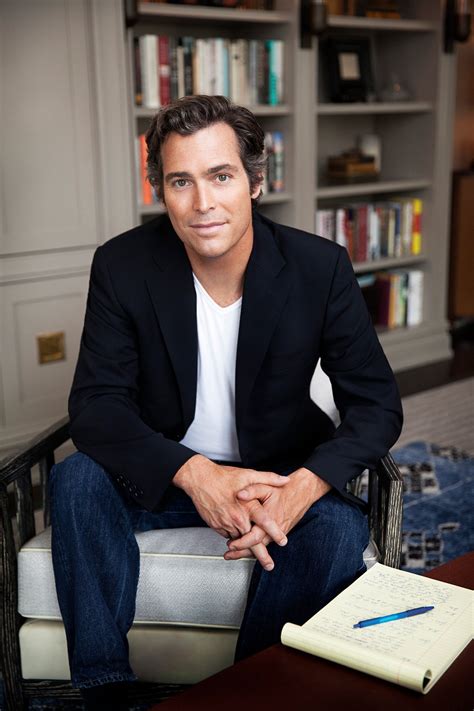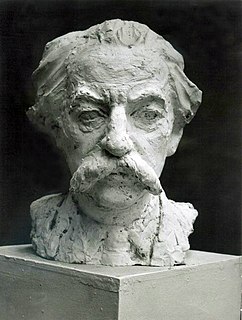A Quote by Graham Joyce
George Orwells 1984 frequently tops surveys of our greatest books: its not a celebration of poetic language. Its decidedly anti-literary, a masterpiece of personal and political narrative sequence. And its subject matter is crucial, because what 1984 shows is that language can be a dirty trick.
Related Quotes
George Orwell's '1984' frequently tops surveys of our greatest books: it's not a celebration of poetic language. It's decidedly anti-literary, a masterpiece of personal and political narrative sequence. And its subject matter is crucial, because what '1984' shows is that language can be a dirty trick.
Who are these evil ones? In 1984, the evil one was called Goldstein. Orwell was writing a grim parody. But these people running the United States mean what they say. If I were a teacher, I would recommend that all my students very hurriedly read most of Orwell's books, especially 1984 and Animal Farm, because then they'd begin to understand the world we live in.
On the rare occasions when our dreams succeed and achieve perfection - most dreams are bungled - the are symbolic chains of scene and images in place of a narrative poetic language; they circumscribe our experiences or expectations or situations with such poetic boldness and decisiveness that in the morning we are always amazed when we remember our dreams.
Oh my research. Well, I got an English Degree. And I got that degree in a certain time/at a certain place. If you add UC Berkeley + 1984 the other side of the = is "new historian" meaning that I studied with and was influenced by those who were interested in how the personal shaped the political (and literary), how science and literature might interact, and what the body got to do with it.
The politics of language and the politics of writing really got to me. I've heard this phrase more than once now: this idea of the poetry wars, or the idea that people within the space of writing are at odds with one another or manipulating language to further one's political stance, manipulating language in ways that really felt dirty to me. All of these things worked their way into and through language for me.





































